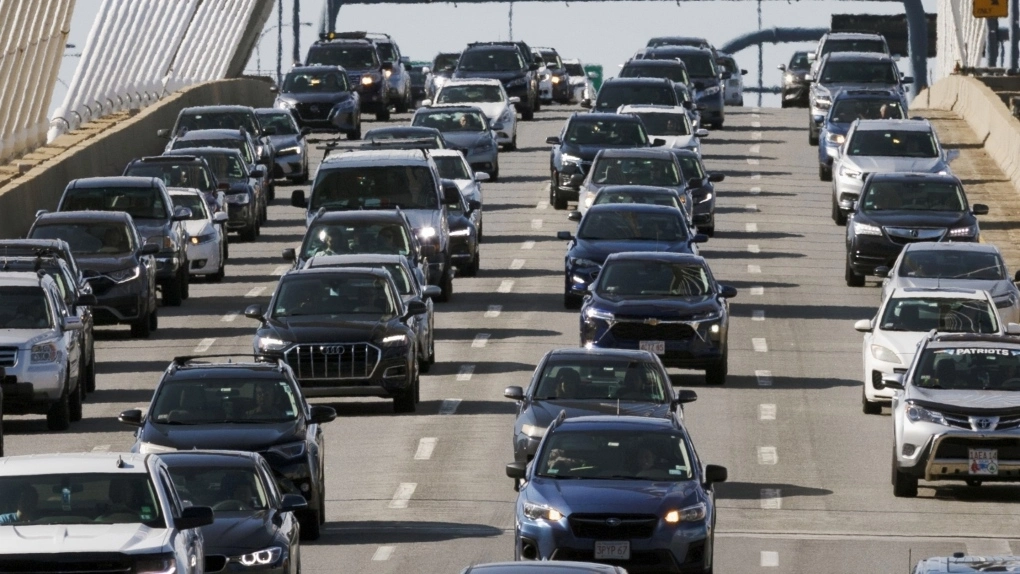Carmakers are failing the privacy test. Owners have little to no control of the data they hand over
Carmakers are failing the privacy test. Owners have little to no control of the data they hand over

www.ctvnews.ca
Carmakers are failing the privacy test. Owners have little to no control of the data they hand over

